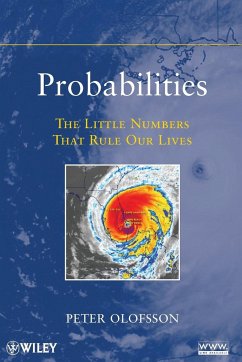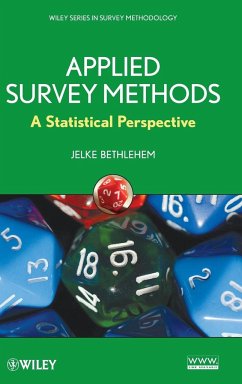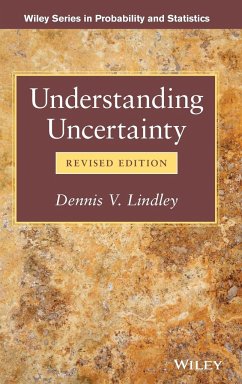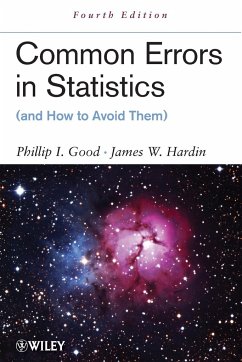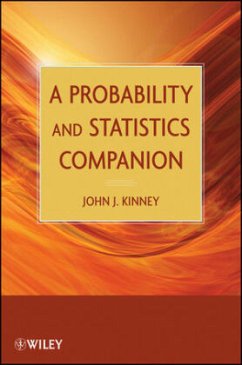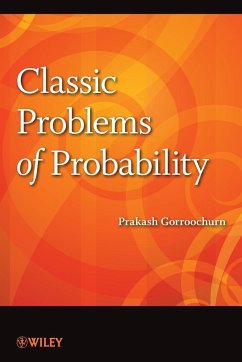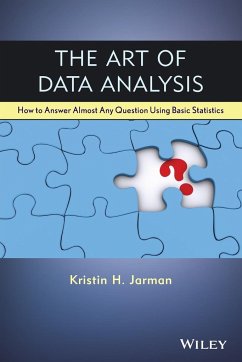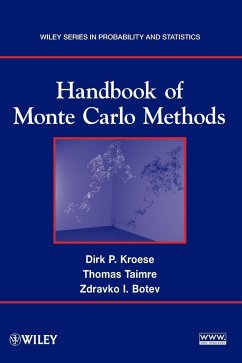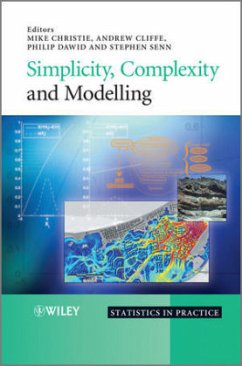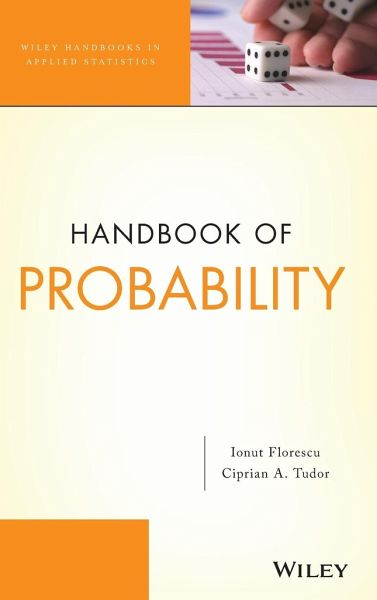
Handbook of Probability
Versandkostenfrei!
Versandfertig in über 4 Wochen
154,99 €
inkl. MwSt.
Weitere Ausgaben:

PAYBACK Punkte
77 °P sammeln!
This handbook provides a complete, but accessible compendium of all the major theorems, applications, and methodologies that are necessary for a clear understanding of probability. Each chapter is self-contained utilizing a common format. Algorithms and formulae are stressed when necessary and in an easy-to-locate fashion. Chapter introductions, summaries, and references are included in order to provide proper transitioning between concepts. Historical notes are strewn throughout the book so as to engage reader curiosity. A sequel volume in stochastic processes is available.
THE COMPLETE COLLECTION NECESSARY FOR A CONCRETE UNDERSTANDING OF PROBABILITY
Written in a clear, accessible, and comprehensive manner, the Handbook of Probability presents the fundamentals of probability with an emphasis on the balance of theory, application, and methodology. Utilizing basic examples throughout, the handbook expertly transitions between concepts and practice to allow readers an inclusive introduction to the field of probability.
The book provides a useful format with self-contained chapters, allowing the reader easy and quick reference. Each chapter includes an introduction, historical background, theory and applications, algorithms, and exercises. The Handbook of Probability offers coverage of:
Probability Space
Probability Measure
Random Variables
Random Vectors in R^n
Characteristic Function
Moment Generating Function
Gaussian Random Vectors
Convergence Types
Limit Theorems
The Handbook of Probability is an ideal resource for researchers and practitioners in numerous fields, such as mathematics, statistics, operations research, engineering, medicine, and finance, as well as a useful text for graduate students.
Written in a clear, accessible, and comprehensive manner, the Handbook of Probability presents the fundamentals of probability with an emphasis on the balance of theory, application, and methodology. Utilizing basic examples throughout, the handbook expertly transitions between concepts and practice to allow readers an inclusive introduction to the field of probability.
The book provides a useful format with self-contained chapters, allowing the reader easy and quick reference. Each chapter includes an introduction, historical background, theory and applications, algorithms, and exercises. The Handbook of Probability offers coverage of:
Probability Space
Probability Measure
Random Variables
Random Vectors in R^n
Characteristic Function
Moment Generating Function
Gaussian Random Vectors
Convergence Types
Limit Theorems
The Handbook of Probability is an ideal resource for researchers and practitioners in numerous fields, such as mathematics, statistics, operations research, engineering, medicine, and finance, as well as a useful text for graduate students.



